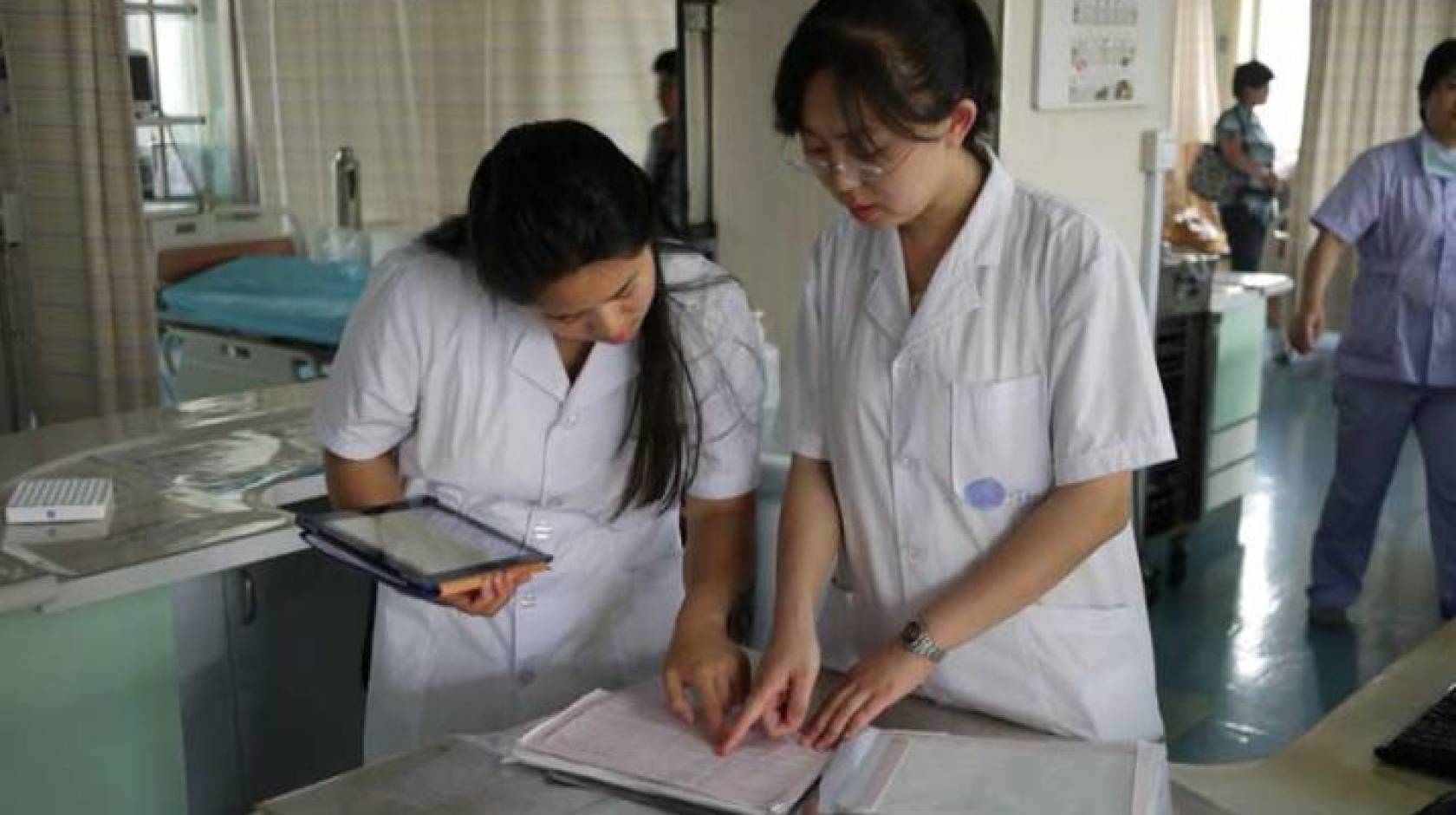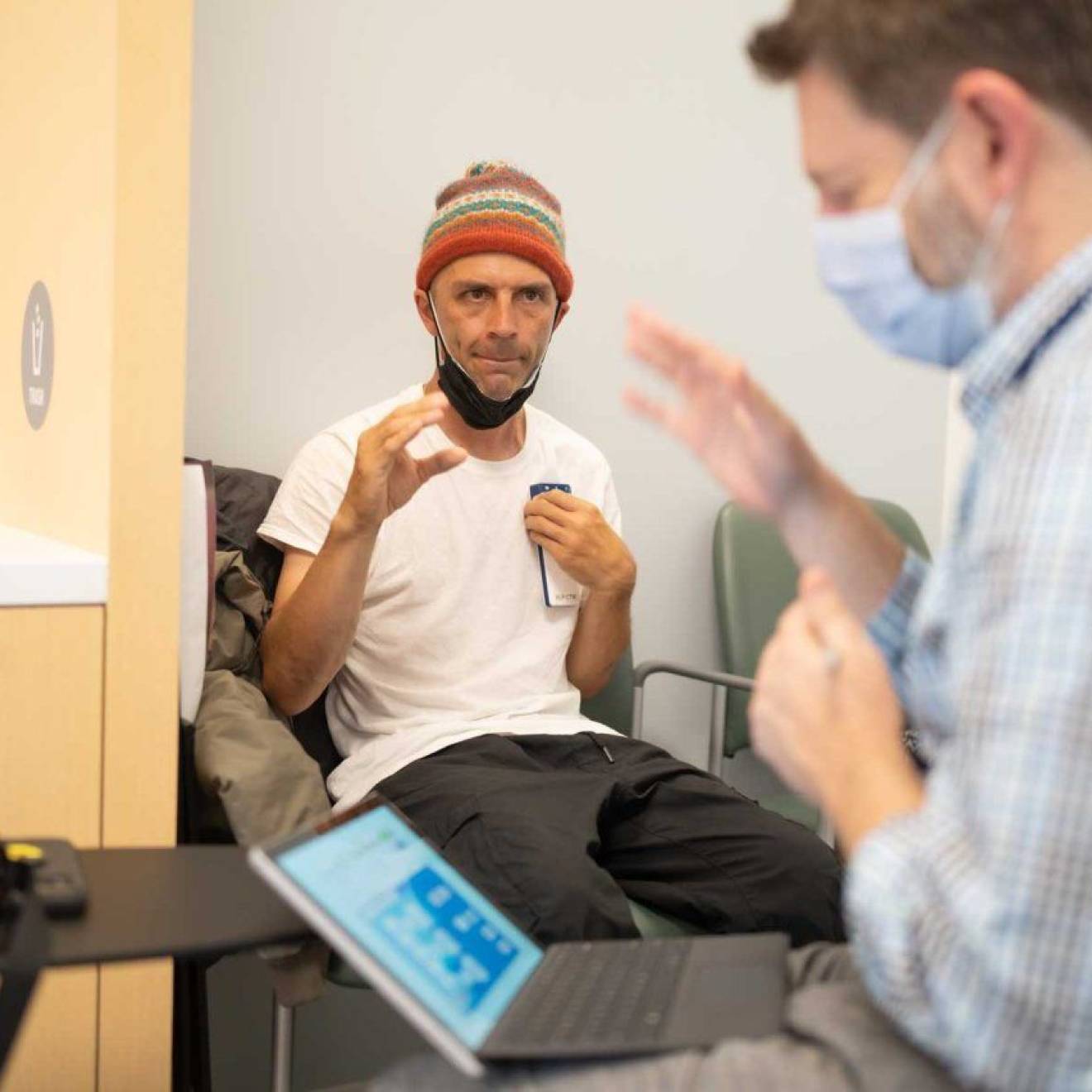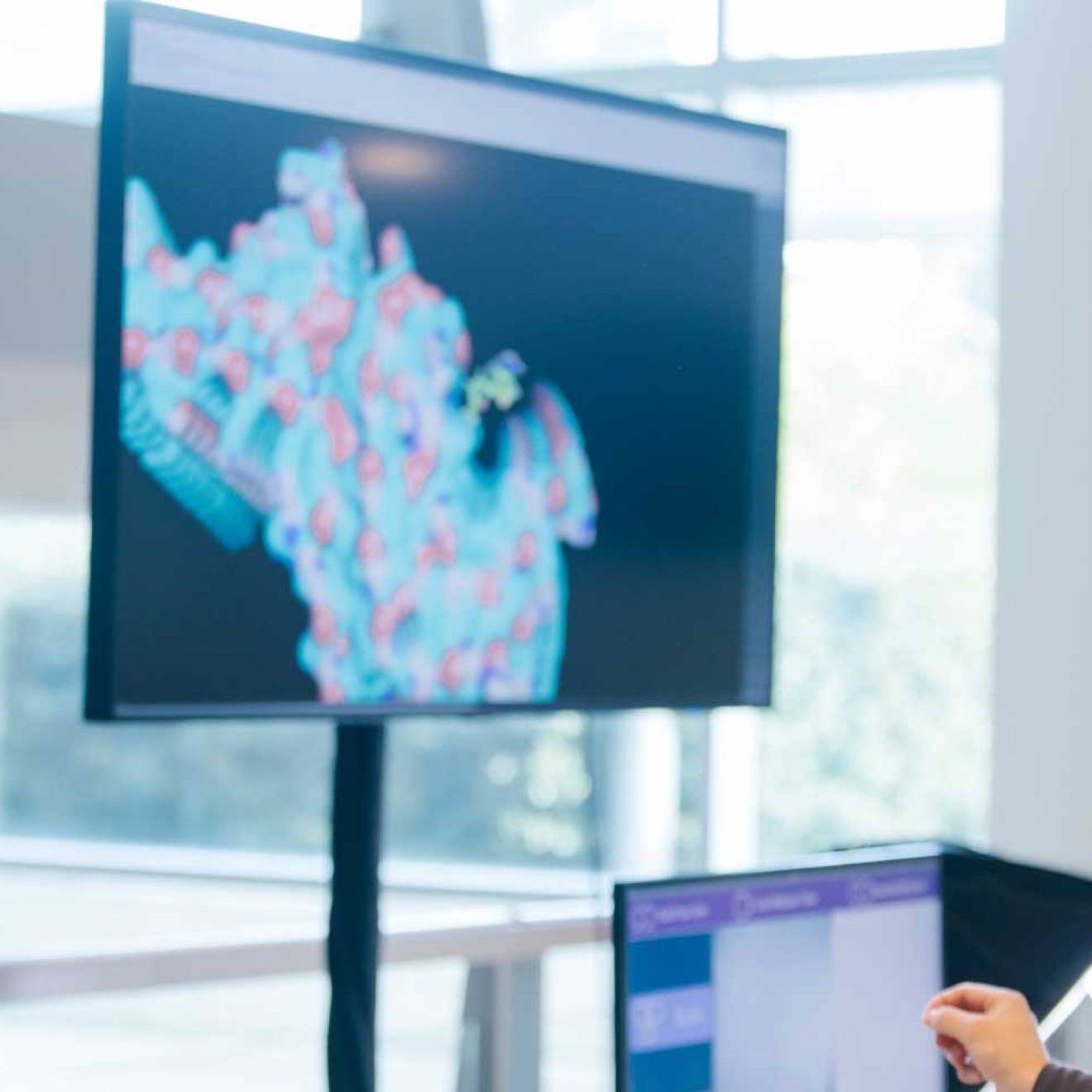Tom Vasich, UC Irvine

It’s not out of the ordinary for medical students to spend their summers abroad working in clinics and gaining invaluable experience.
But a UC Irvine cohort has an additional mission: sharing their knowledge of portable technologies that will transform how medicine is practiced. Teams traveling to Australia, Nicaragua, Peru and China/Vietnam have brought along the iPads they received before starting classes last year, which came loaded with course work and applications that enable mobile healthcare. Their aim? To show how tablet computing can accompany and improve medical education and clinical care.
Some of the students have also brought portable ultrasound units to teach physicians in the field how the devices can serve myriad diagnostic purposes. And they’re blogging about their adventures on the iMedEd International website.
“I never expected when I went to medical school that I’d be training other students and physicians how to use iPads and portable ultrasound,” says Carter English, who’s among the group at Australia’s University of New England, which recently partnered with the UC Irvine School of Medicine to share educational resources via high-speed broadband. “It’s exciting to be on the forefront of a drastically changing medical world.”
The work is an outgrowth of UC Irvine’s groundbreaking iMedEd Initiative, a completely digital, interactive approach to preparing future physicians to practice 21st century healthcare. Through this program, UC Irvine students are becoming leaders in the medical usage of novel technologies.
Some formed the iMedEd Innovators Group, which reviews apps and products for a worldwide audience of tech-driven medical students and doctors. Others hosted UltraFest 2012, which drew more than 200 medical, osteopathic and physician assistant students from 14 California schools to the campus to learn how hand-held ultrasound devices could let them peer into the human body in a way they’d never done before.
“No other medical school is putting so much of an effort into changing the culture of medical education,” says Dr. Warren Wiechmann, faculty director of the instructional technologies group that oversees the iMedEd Initiative. “And our students are doing some incredible things with these tools.”
While English and his classmates are in rural Australia, another contingent of UC Irvine medical students is employing portable ultrasound with Nicaraguan doctors to help address the nation’s mysterious epidemic of chronic kidney disease. Jonathan Patane blogs about one end-stage patient being “only 27 years old, which demonstrates how devastating the effects of chronic kidney disease are on the farm workers of Central America.”
A third group is utilizing iPads in Peruvian clinics. Despite a citywide power outage, a spider scare and a teammate with food poisoning, UC Irvine student Chanel Fischetti blogs of her first day of work: “It was an incredible experience. We were able to … apply so much of our first-year knowledge and get awesome hands-on training. … Not to mention, we have had ample practice with our medical Spanish.”
And the final cohort is touring Chinese and Vietnamese hospitals with the tablet computers. “We hope to share our knowledge of the iPads so that they can be used in clinics as reference tools or record-keeping devices,” says student Kambria Nguyen.
“We also want to learn how they can be involved with distance consultations, which can bring specialized-care access to remote, impoverished areas. We’re only starting to scratch the surface of what’s possible.”

